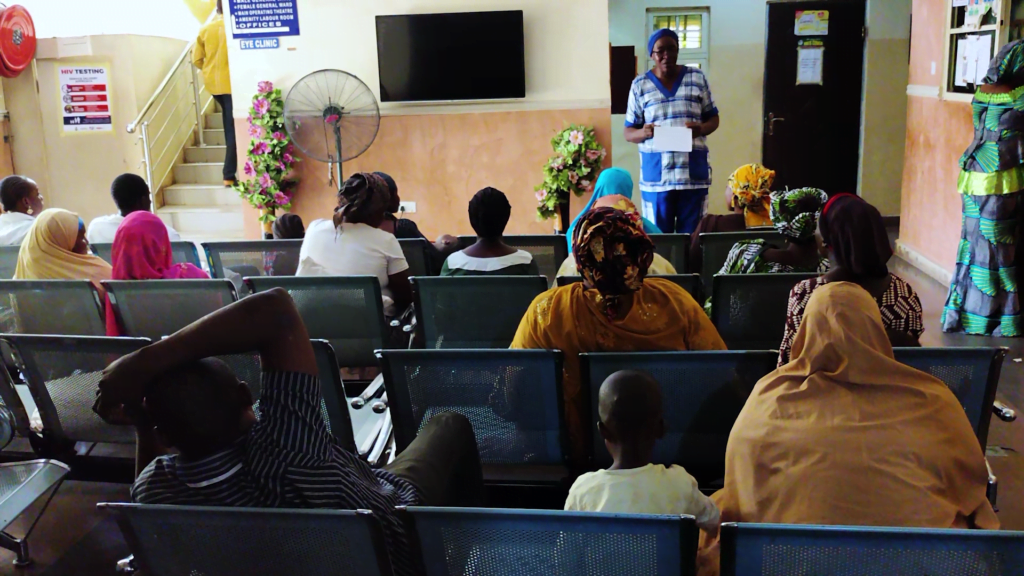According to the National Primary Health Care Development Agency (NPHCDA), an alarming 35 per cent of the country’s Primary Health Care (PHC) centers are unsuitable for use, and grossly inadequate to provide essential healthcare services.
Stakeholders in the health sector believe that this troubling revelation sheds light on the dire state of a significant portion of PHC centers across the country, posing grave challenges to accessible and qualitative healthcare for all.
In addition to highlighting the scarcity of skilled healthcare professionals such as nurses, midwives, and Community Health Extension Workers (CHEWs), the NPHCDA report emphasizes that the unsuitability of the PHC facilities is primarily attributed to the urgent need for extensive renovations.
In a move to collaborate with the National Youth Service Corps (NYSC), the NPHCDA has announced its plans to reach an agreement with the leadership of the NYSC, to enlist Corps members in the medical field, to be assigned to Primary Health Care (PHC) centers across the country.
Dr. Faisal Shuaib, Executive Director and Chief Executive Officer (CEO) of the NPHCDA, disclosed this during the launch of the Community-Based Health Research Innovative Training and Services Programme (CRISP) program in Abuja.
He stated that a lot of PHCs do not have the required number of competent and skilled personnel. Shockingly, he revealed that political favors rather than merit were the key factor responsible for their presence in healthcare facilities in the country.
He went further to emphasize the crucial role of political will in addressing the issue of incompetent workers in PHCs, urging the government, particularly at the state level, to take decisive action.
In addition, he revealed the NPHCDA’s plan to support PHC facilities by recruiting health workers from the pool of qualified professionals in Teaching Hospitals nationwide. This strategic approach aims to enhance the quality of healthcare services provided in PHCs and bridge the competence gap currently present in the workforce.
He said: “We did a comprehensive PHC assessment for the very first time, and this is what the result says: 70 percent of primary healthcare centers don’t have the required human resources.
“We are also recruiting additional human resources to specific primary healthcare centers. We are recruiting Skilled Birth Attendants (SBAs) – nurses, midwives, and community health extension workers trained to manage their situations during pregnancy and delivery, of course under supervision.
“We are hopeful that before the end of 2023, we would have recruited 3,806 nurses, midwives, and community health extension workers (CHEWs), and by 2030, we are looking at closing the gap to about 25,000 of these individuals.
“We will be covering all Teaching Hospitals and Tertiary Institutions across 37 states. By the end of 2023, we would have covered 1,643 primary healthcare centers. But by the end of 2030, we hope to have covered each political ward with these human resources. We are going across the 774 Local Government Areas (LGAs).”
The Vice President of Nigeria, Prof. Yemi Osinbajo, who was represented by the Minister of Women Affairs, Pauline Tallen, in his remarks said: “There is not a single country in the world that can boast of effective health care delivery without adequate and well distributed human resources for health. No matter how much of a masterpiece the architecture of a health facility is, how sophisticated the equipment is, or even the availability of the commodities, a healthcare delivery system will not function optimally if there are not enough skilled workers.
“For this reason, I think there is no better way to tackle the challenges of health care delivery in Nigeria than to close the gaps in the equitable availability of skilled health workers in our PHC facilities, which can be achieved by a creative measure such as the CRISP.


